#Johann Wolfgang von Geothe
Text

1 note
·
View note
Text
This is Goethe's first novel, published in 1774. Written in diary form, it tells the tale of an unhappy, passionate young man hopelessly in love with Charlotte, the wife of a friend - a man who he alternately admires and detests. 'The Sorrows of Young Werther' became an important part of the 'Sturm und Drang movement, and greatly influenced later 'Romanticism'. The work is semi-autobiographical - in 1772, two years before the novel was published, Goethe had passed through a similar tempestuous period, when he lost his heart to Charlotte Buff, who was at that time engaged to his friend Johann Christian Kestner.
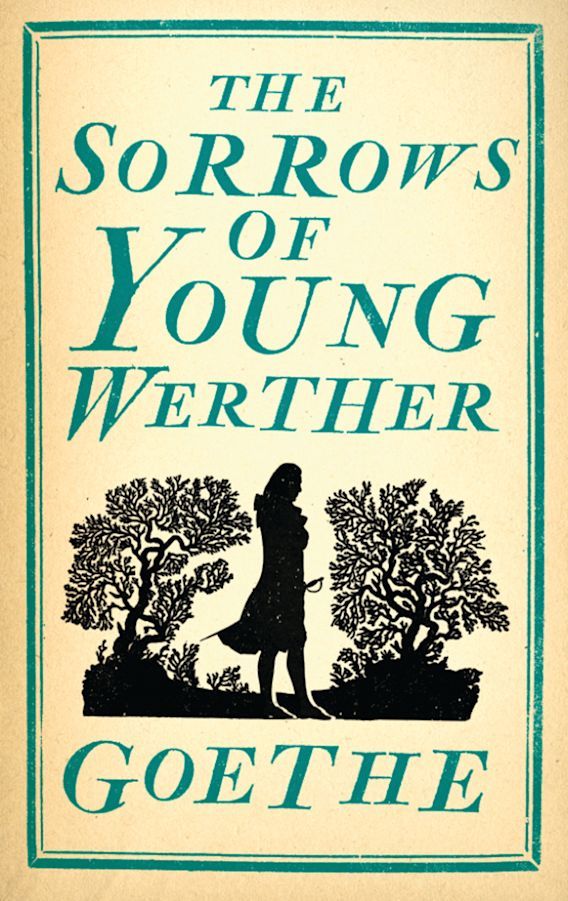
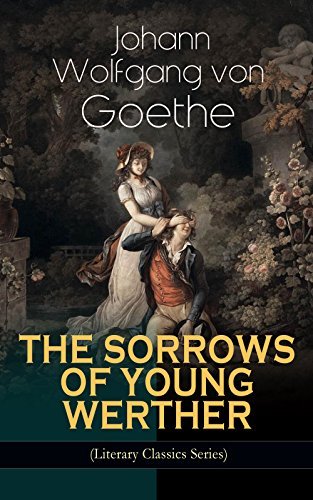
#book: the sorrows of young werther#author: johann wolfgang von geothe#genre: classics#genre: german literature#genre: romance#year: 1700s
14 notes
·
View notes
Text
Art Studio 1 Applying visual experiences to my multi-sensory installation (as detailed in the book recommended in individual consultation on 21.4.24)
Notes: Techniques of the observer: on vision and modernity in the 19th century
Polymath Johann Wolfgang von Geothe, in his Farbenlehre/Theory of Colours (1810), explains that visual deprivation is just as important to vision as viewing the presence of an image.
Geothe urges one to focus on an image in a dark room, before proposing that they "man schliesse darauf die Offnung" (Translation from German: "close the opening on it").
He discusses this transitional process (between 'image' and 'no image') in relation to the camera obscura, but this can be applied to my own work.
Excerpt from Goethe's Farbenlehre/Theory of Colours (1810): "The hole being then closed, let him look towards the darkest part of the room; a circular image will now be seen to float before him. The middle of the circle will appear bright, colourless, or somewhat yellow, but the border would appear red. After a time this red, increasing towards the centre covers the whole circle, and at last the bright central point. No sooner, however, is the whole circle red than the edge begins to blue, and the blue gradually encroaches inwards on the red. When the whole is blue the edge becomes dark and colourless. The darker edge slowly encroaches on the blue till the whole circle appears colourless."
Despite this visual deprivation, the original image may continue to shift and change within the space, sometimes with new images emerging.
In a silent room, hearing may become hypersensitive, which is why you may hear certain sounds (e.g. clicking of electronics or your own heartbeat). In darkness, however, the brain may compensate for the perceived lack of images by actively 'producing images'.
Excerpt from Goethe's Farbenlehre/Theory of Colours (1810): "Let the observer look steadfastly on a small coloured object and let it be taken away after a time while his eyes remain unmoved; the spectrum of another colour will then be visible on the white plane... it arises from an image which now belongs to the eye."
Excerpt from Goethe's Farbenlehre/Theory of Colours (1810): "Colour itself is a degree of darkness..."
Reference (Chicago 17th)
Crary, Johnathan. “Subjective Vision and the Separation of the Senses.” In Techniques of the observer: on vision and modernity in the 19th century, 67–96. Massachusetts: MIT Press, 1990.
0 notes
Text
İster kral olsun, ister köylü olsun, dünyada en mutlu insan ; Evinde huzur olandır..
45 notes
·
View notes
Text
Sabahları uyanıp parıldayan güneşi gördüğümde, "Al işte, yine cenneti andıran bir gün ve yine insanlar bunu mahvedecekler" diye düşünmekten kendimi alıkoyamıyorum.
Johann Wolfgang Von Goethe
6 notes
·
View notes
Text
It's so weird to me when people say Goethe is straight. Like...
Do you know who you're talking about?
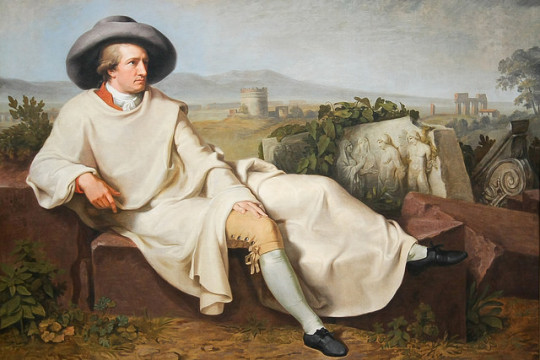
Do you know who you're talking about?
#im sorry#but this painting of him keeps popping up in my life#and i want you all to know about its existense and geothes missing existence of heterosexuality#johann wolfgang von goethe#german history
52 notes
·
View notes
Text
"None are more hopelessly enslaved than those who falsely believe they are free."
Johann Wolfgang Von Geothe
#hopeless#qoute#quotes#quotations#quote of the day#quotation#quote of the month#quote of the year#quote of the weak#qoute of the afternoon#qoute of the evening#quote of the morning#quote of the night#literature#books and literature#deception#deceptive#false#false hope#false belief#beliefs#believe#belief
91 notes
·
View notes
Text
"Science arose from poetry... when times change the two can meet again on a higher level as friends."
Johann Wolfgang von Geothe
3 notes
·
View notes
Text
Week 9 Post 1 - The Sorrows of Young Werther
In book two of The Sorrows of Young Werther, Geothe continues the story of the peasant who took actions against his mistress’ new suitor, “The murdered man had been in the service of a widow, and the person who had previously filled the situation had been dismissed from her employment.” Then when Werther found the peasant he said, “The prisoner was no other than the servant, who had been formerly so attached to the widow and whom he had met prowling about, with that suppressed anger and ill-concealed despair, which we have before described” (95-96).
Werther believes that someone has to die in his little love triangle. It could be himself, Albert, or Charlotte. No matter what, someone has to die. He knew that Charlotte couldn’t die since she had the kids to care for, so Werther uses the peasant’s actions as a sort of trial to see if he or Albert should die. The peasant killed the other man in his love triangle, and the peasant now faces jail time and/or execution. This leaves the woman without any suitor or anyone to keep her company, and that’s what the peasant wanted. If he couldn’t have her, then no one can. However, Werther probably saw an issue with that for his own case. Werther cares about Charlotte. He wants her to have someone to help her care for her children, and he really liked Albert when he first met him. Werther wants to be with Charlotte, but after seeing the peasant’s demise (and seeing how it tarnished his good name), Werther decides that the best method for all of those involved is to kill himself so Charlotte can still have someone to care for the children.
Geothe, Johann Wolfgang von. The Sorrows of Young Werther. Amazon Classics, 2018. Digital.
2 notes
·
View notes
Photo

"I have come to the frightening conclusion that I am the decisive element. It is my personal approach that creates the climate. It is my daily mood that makes the weather. 🌤 I possess tremendous power to make life miserable or joyous. I can be a tool of torture or an instrument of inspiration, I can humiliate or humor, hurt or heal. In all situations, it is my response that decides whether a crisis is escalated or de-escalated, and a person is humanized or de-humanized. 🌻 If we treat people as they are, we make them worse. If we treat people as they out to be, we help them to become what they are capable of becoming." - Johann Wolfgang von Geothe 🍁 🍁 🍁 Love a good quote that gets me thinking. We are the authors of our own story. Write the best chapters for you. #quotetoliveby #cravingapeace
1 note
·
View note
Photo
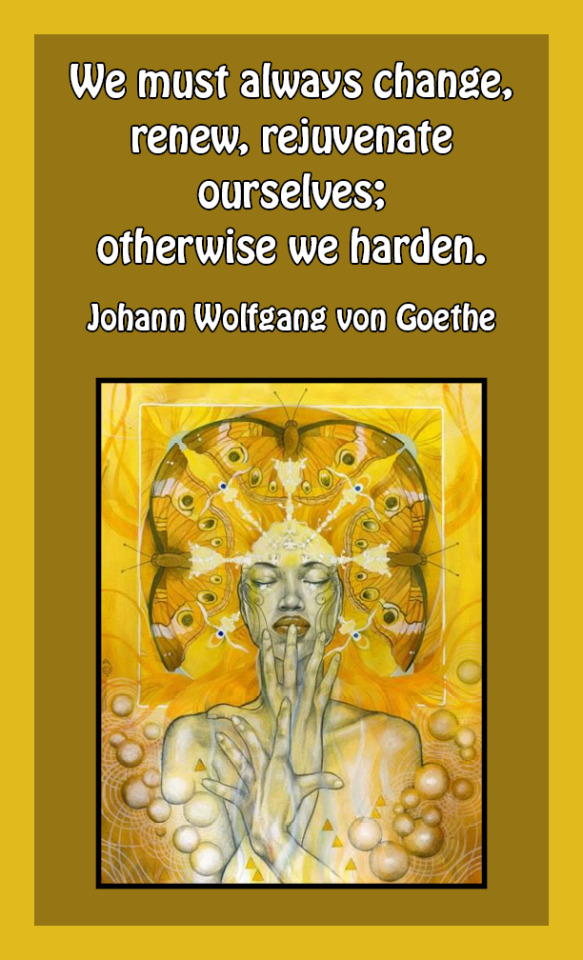
#quotes#Geothe#johann wolfgang von goethe#we must always change#renew#rejuvenate#otherwise we harden
0 notes
Quote
He who enjoys doing and enjoys what the has done is happy.
Johann Wolfgang von Geothe
0 notes
Quote
None are more hopelessly enslaved than those who falsely believe they are free.
Johann Wolfgang von Geothe
0 notes
Photo
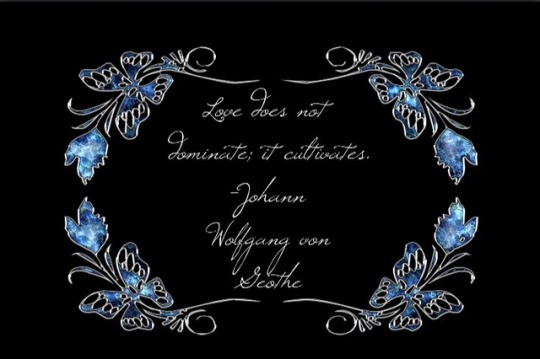
Love does not dominate; it cultivates. -Johann Wolfgang von Geothe
0 notes
Text
’Wilhelm Meister’in Çıraklık Yılları’ kitabı yayımlandı
’Wilhelm Meister’in Çıraklık Yılları’ kitabı yayımlandı
İlk romanı Genç Werther’ın Acıları’ndan sonra yine Alfa Yayınları’ndan çıkan ikinci kitabı ‘Wilhelm Meister’in Çıraklık Yılları’ ile Goethe bu kitabında da karakterini bir kimlik arayışına sürüklüyor.
Wilhelm Meister’in Çıraklık Yılları’nın Avrupa edebiyatına etkisi müthiş oldu. Romantiklerden Friedrich Schlegel romanın çağı için Fransız Devrimi ve Fichte’nin felsefesi kadar önemli olduğunu…
View On WordPress
0 notes
Quote
Dream no small dreams for they have no power to move the hearts of men.
Johann Wolfgang von Goethe, German writer
3 notes
·
View notes